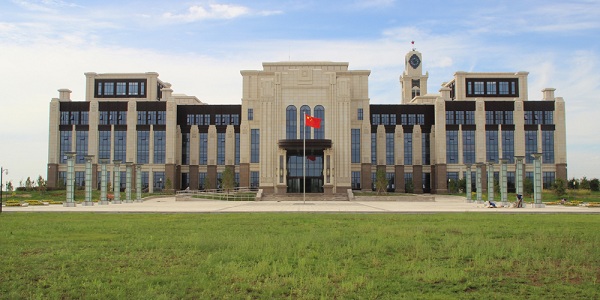Hohhot supports e-commerce industry through policies
Hohhot, capital of North China’s Inner Mongolia autonomous region, has implemented numerous polices to support the development of the e-commerce industry and accelerate the transformation and upgrading of the local economy.
Supportive policies formulated by the Hohhot government include setting up e-commerce investment funds, aiding small e-commerce businesses, encouraging e-commerce companies to clust

er at industrial parks, rewarding leading companies in the sector, fostering skilled talents to contribute to tech innovation, and improving supporting services for e-commerce companies.
As for investment fund, the Hohhot government has planned to provide a fund totaling 200 million yuan ($28.8 million) for businessmen to start their e-commerce companies or expand their brands.
For small businesses, the government has offered grants to companies in the e-commerce sector to ensure their survival against tough economic competition.
Also, the local government has constructed office buildings, employee apartments, and comprehensive service centers for e-commerce companies and provided special subsidies for reducing the rent fees. Thanks to the clustering of numerous e-commerce companies in the industrial park, running costs will be reduced due to economies of scale.

To boost e-commerce companies, the Hohhot government has arranged multiple rewards for leading companies. For instance, an e-commerce company with annual trade over 1 billion yuan will be awarded 500,000 yuan. Also, companies setting industrial trends and building influential brands can earn rewards.
Besides, the government is attempting to attract talented workers to the e-commerce sector to come to participate in e-commerce development. It’s said that emerging companies can receive around 10 percent of their total investment from the Hohhot government, with a cap of 1 million yuan.
In addition, a serious of supporting services have been enacted for e-commerce companies and their employees, such as a public service center, a finance guarantee institution, a free training center for potential e-commerce talent, and smart and convenient express delivery stations.




 Print
Print Mail
Mail





